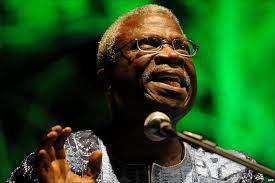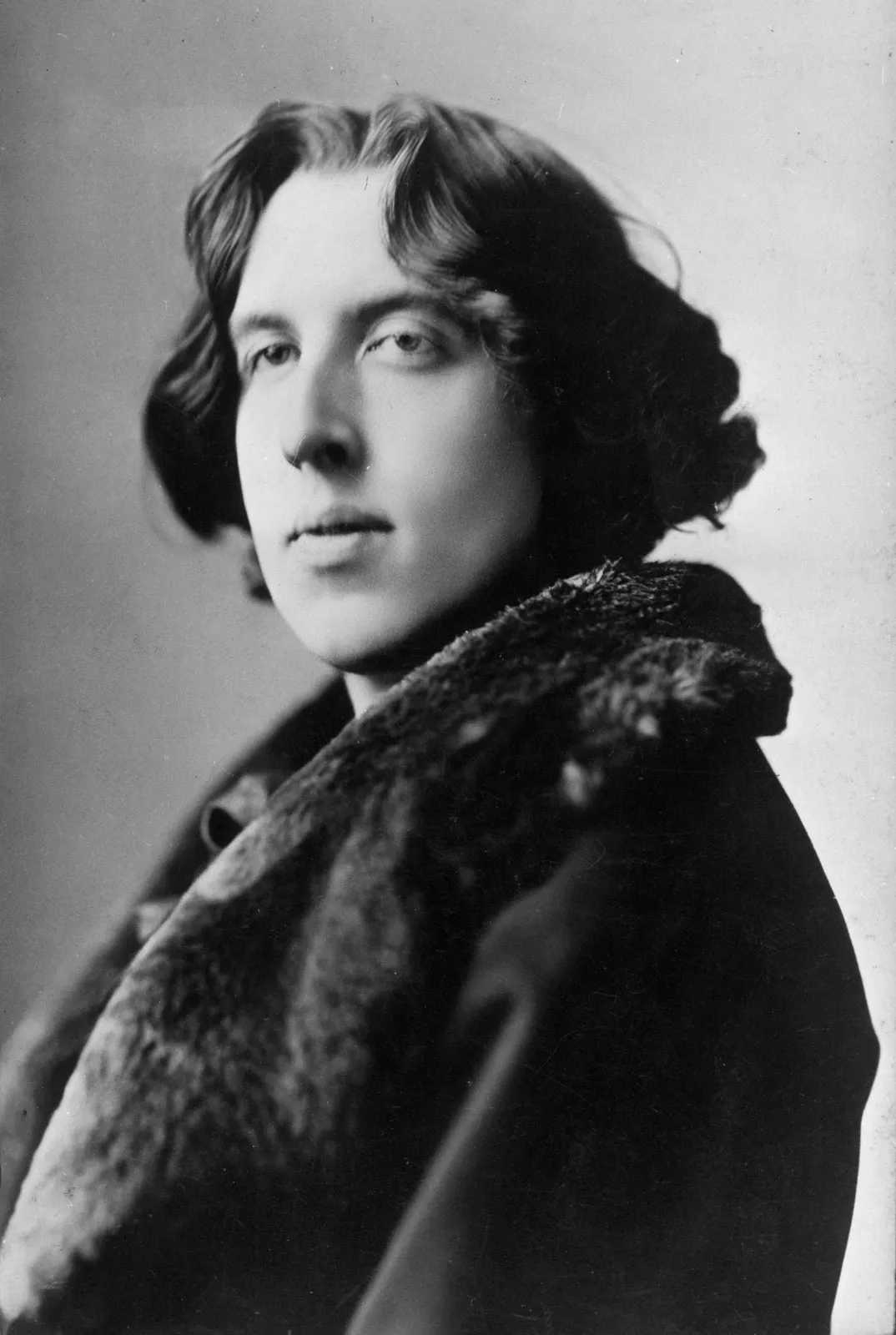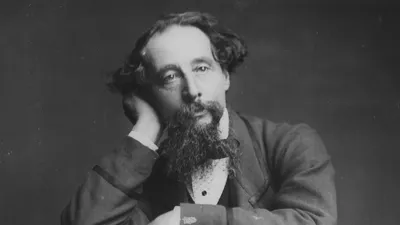Poetry, Compassion & Education
- Will Coles

- Nov 28, 2024
- 3 min read
My relationship to reading has never been straightforward.
I’ve worked as a tutor since 2018 and as a consequence, I often find myself reminiscing about my reading experiences in and outside of school.
I can’t help but feel that, for the longest time, I was full of shit when it came to my reading habits. As clear as day, I can picture myself as a 5 year old pretending to pour over an old leather-bound edition of some Enid Blyton story on the floor of my childhood living room. Turning pages idly, nodding every now, pretending to be transported into a different world..
...but not processing a single word.
At primary school, I did enjoy the stories we'd go over, but only once they had been made explicit to me by a teacher. The unproblematic Michael Morpurgo’s ‘Kensuke’s Kingdom’ (I googled the phrase “Michael Morpurgo + controversy" and it looks like we’re all clear) and the very much more problematic Roald Dahl’s ‘Danny the Champion of the World’ became the bedrock of my love of reading.
Yet, the overambitiousness did not cease by the time I got to secondary school. I remember the act of turning all the pages of Dickens’ ‘Great Expectations’ over a period of a few weeks. From memory, I can tell you without resorting to more googling that the main character’s name is Pip. That's it. That's all I've got.
I really wanted to just be seen as a reader. Because reading is intellectual, being intellectual is not popular and not being popular is transgressive and being transgressive is cool. Ergo: reading = cool (that’s just maths.)
The zenith of this posturing was when I acquired the complete works of Oscar Wilde. I turned all of the pages of his (according to google) heartbreaking letter De Profundis. At that time, I did not know he was gay.
This ignorant reading process came to an end by the time I got to GCSE. One of the elements that started that life-long passion for books and that was the poems from Other Cultures cluster in the AQA Anthology.
"How are students supposed to learn empathy if their poets are versions of a small number of voices?"
One of the most important pieces of poetry I ever read was Niyi Osundare’s ‘Not My Business.’ I believe it helped me become a more thoughtful and socially-conscious person.
I was in Year 10 and unfamiliar with the importance of words like ‘diaspora’ or ‘colonialism’ or ‘post-colonialism’ or ‘Windrush.’ So what the poem offered me was an emotional insight into a context and perspective I did not previously know.
The poem explores the theme of political apathy and demonstrates how the spread of inaction allows for the erasure of people. By the end of the poem, a jeep is on the poet voice’s lawn, ready to pounce and then take them away.
More to the point, this poet was writing from life-experiences I would never have to face, from a country I couldn't indicate on a map. But yet, the psychological immediacy of the poem allowed me - as a 15 year old - to sympathise with a point of view far removed from my own.
Achebe, Afrika, Agard, Brathwaite, Dharker, Nichols and Walcott, to name a few. A reading list of radical, perspective challenging poets.
From then on, my independent reading habits changed from fashionable to urgent. It was not long after that I read 1984, Brave New World and Things Fall Apart. And a mindset that questioned status quos, rather than accepting them, was born.
I now teach the current GCSE anthology. Oh dear.
Don’t get me wrong, Shelley’s Ozymandias might well be the best poem I’ve ever read. William Blake and William Wordsworth’s Romanticism burns even after 200 years of publication. And of course Wilfred Owen’s immortal question ‘is it that we are dying’ is still devastating. Of course there is value in (the majority of) these poems.
But in the current AQA Anthology (one of the most popular texts students will have to read) - over both clusters - 27/30 of the poets are white. 21/30 are men.
We’ve gone backwards.
As well as the overwhelming straight white man-ness of it, there are no poems that speak to the queer experience, the experience of disabled people, nor is there anything to do with gender or the suppression of women.
How are students supposed to develop empathy if their poets - the most able people in our society to communicate psychological experience - are versions of a small number of voices?
Do you have a topic that you'd like to share with you community? Click the link below or email us at shoutorwhisperinfo@gmail.com to tell us all about it! We would love to feature your writing on our website!!









Comments